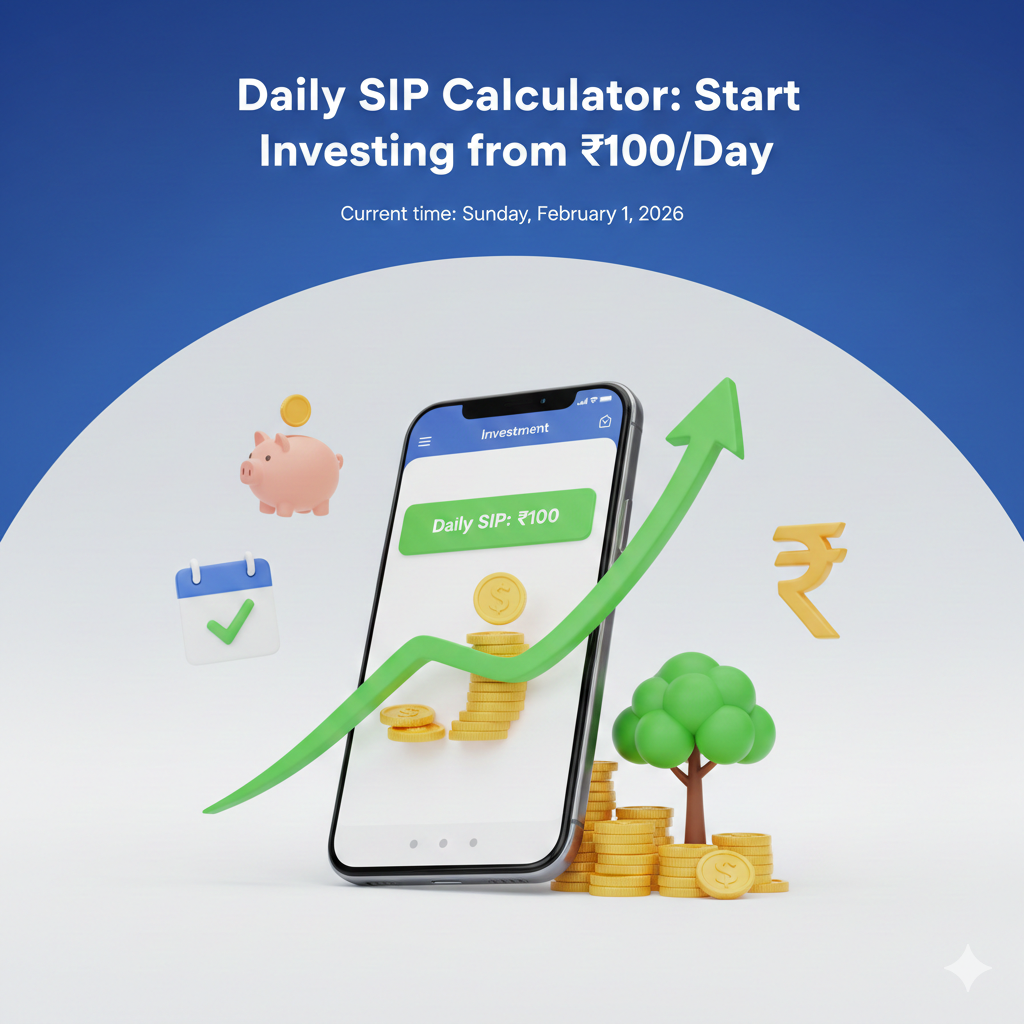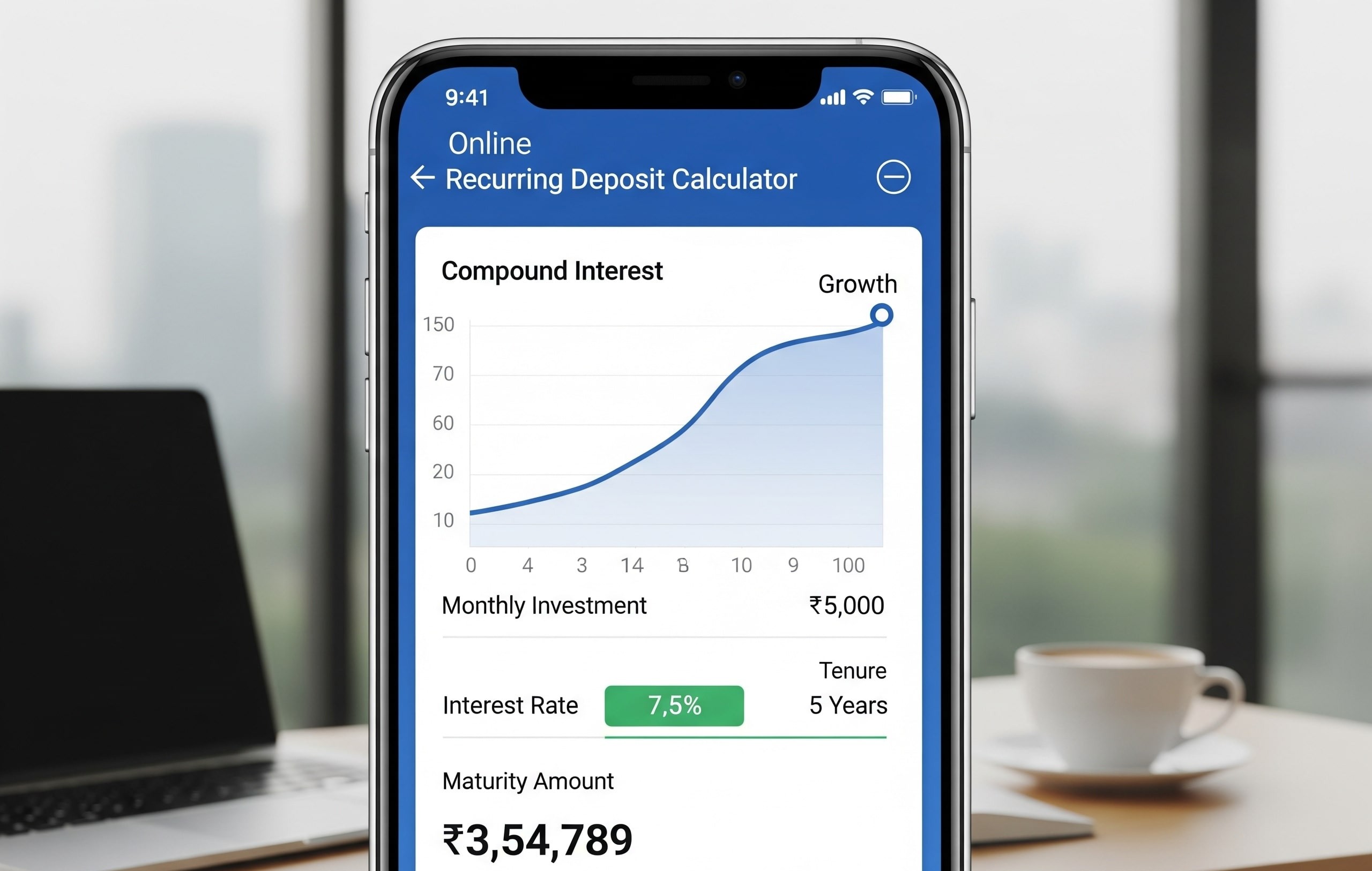What is NSE and BSE?
An online market place where traders can trade different financial products is called a stock exchange. There are many stock exchange available in the market. The two main stock exchanges in India that oversee the trading of listed stocks on the equity market are the Bombay Stock Exchange and the National Stock Exchange.
Exploring “What is NSE and BSE in the stock market” is necessary for anyone to enter the stock market. Although they are both Indian stock exchanges, there are some fundamental differences between them. In this post, you can explore both NSE and BSE stock exchanges in detail.
What is NSE?
The National Stock Exchange, or NSE, was the first Indian exchange to offer an automated electronic trading system when founded in 1992. The NSE was renowned for leading the nation’s transition from paper based share settlement to an electronic settlement.
The NSE’s electronic trading platform has rapidly changed since its founding to meet the constantly shifting needs of the share market. Even now, the stock exchange alone can process over 16,000 orders per second and may grow as necessary.
The NSE established the National Securities Depository Limited in collaboration with some of the top financial institutions in the nation. It was the nation’s first depository. This initiative’s primary goals were to reduce share certificate fraud and improve settlement process efficiency.
Also Read: Best stocks to invest in India for long-term
What is BSE?
The Bombay Stock Exchange, or BSE, is regarded as one of the top stock exchanges in India and among the largest stock exchanges worldwide. The BSE was established in 1875 and was known as “The Native Share & Stock Brokers Association.” As a result, BSE is regarded as one of the top stock exchanges globally and takes pride in being the first in Asia.
The exchange launched the BSE Online Trading System, an online share trading platform, in 1995. A number of the top banks in the nation joined with BSE to form CDSL or Central Depository Services Limited. These days, the CDSL is linked to all of the leading stock markets in the nation.
The Bombay Stock Exchange has its benchmark index called SENSEX, which is comparable to NIFTY. This index was originally released in 1986. It consists of the top 30 most traded and largest equities on the BSE.
Also Read: Stock Market: Top 5 sectors to perform well in the next 10 years
Difference between BSE and NSE
There are two main stock exchanges: the National Stock Exchange and the Bombay Stock Exchange. They are essential in forming the nation’s financial landscape. Though they are not quite the same, they are both platforms for trading securities. Understanding the NSE and BSE meaning is essential for investors, as it clarifies the difference between these major stock exchanges, shaping investment decisions in the Indian market. Let’s see the difference between the BSE and NSE stock exchange:
- Establishment and History
The Bombay Stock Exchange is among the oldest stock exchanges in Asia. It began operations in 1875. It has a lengthy history and has significantly influenced the advancement of finance. However, the NSE is a relatively newcomer to the market and it was founded in 1992. Its technological innovations are responsible for its quick ascent to fame.
- Trading Mechanisms
There are substantial differences between the trading processes employed by the NSE and the BSE. The BSE uses an open outcry trading system, where traders physically congregate on the trading floor and exchange stocks using spoken words and hand gestures. However, the National Exchange for Automated Trading, an automated electronic trading system, was introduced by the NSE. This automated approach provides enhanced efficiency, transparency, and real-time trading with reduced margin for error. Understanding “What is NSE and BSE in the share market?” is important for traders and enthusiasts, because it illuminates the processes involved in stock trading, providing insight on the health of India’s financial markets.
- Indices
The indicators of Indian market success are BSE and NSE benchmark indices. As a list of 30 actively traded companies, the BSE’s benchmark Sensex provides a broad index of a wide range of market sectors. The NSE benchmark Nifty 50, on the other hand, is a compilation of the 50 largest stocks from various sectors, providing a comprehensive picture of market conditions. Knowing “What is NSE and BSE in the stock market?” is crucial for keeping an eye on indicators of investor sentiment and market movements, which can provide analysts and investors with important information about the state of the market.
- Market Share
NSE has largely dominated the market, surpassing BSE’s market share. This growth is due to NSE’s advanced trading strategy and ability to adapt quickly to global market fluctuations. NSE has increased trading volume and registration due to its flexibility and attraction to traders and listed companies. This competitive advantage underscores NSE’s leadership in the Indian banking industry, demonstrating its ability to adapt to changing market demands and stay ahead of competitors like the BSE.
- Listing Requirements
BSE and NSE are specific systems for listing companies listed on their platforms. However, NSEs are generally considered more stringent requirements. This designation makes companies that adhere to comprehensive governance and financial performance standards attractive to investors. The stringent standards set by the NSE increase investor confidence by ensuring that listed companies adhere to stringent standards, which can provide a stable and creditable financial environment to so fruit. Consequently, the NSE’s stringent indexing requirements contribute to its image as a market associated with high levels of corporate governance and financial accountability.
- Global Recognition
BSE and NSE play an important role in the Indian financial environment. However, NSE’s groundbreaking technological innovations and its pivotal role in shaping today’s Indian capital markets have made it increasingly popular globally. Apart from high performance in the Indian market, NSE’s creative strategy and advanced technology has attracted international attention, establishing it as a key player in the global economy. Its impact on India’s economic modernization is important in strengthening the country’s position and reputation internationally.
- Market Hours
Though there are some minor variations, the market hours within which the BSE and the NSE operate are comparable. The BSE is open for business from 9:15 AM to 3:30 PM. The NSE and BSE both have the identical equities trading hours, which are 9:15 AM to 3:30 PM. Yet, the NSE increases the hours that it is open for currency trading, starting at 9:00 AM and closing at 5:00 PM. These overlapping but distinct schedules address the needs of investors and traders in different ways, enabling them to engage in trading in the equity and currency markets.
Also Read: IPO Grey Market Premium, Latest IPO GMP
Final thoughts
The BSE and the NSE are the largest and most successful stock exchanges. The best platform for beginners is the Bombay Stock Exchange. As an alternative, experienced traders and investors should use the National Stock Exchange. With a clear understanding of “what is NSE and BSE in the stock market?” you are prepared to start making investments in the stock exchange that best suits your needs.
FAQs
- Which stock is better for beginners?
Both stock exchanges offer user friendly online trading interfaces. The NSE platform may be helpful for beginners seeking an easy to use and effective trading experience.
- Can one purchase on the BSE and sell on the NSE?
Once the stocks are transferred to your Demat account, you can sell them on a different exchange. You can purchase stocks on NSE and sell them on BSE, and vice versa.
- Why do the NSE and BSE have different price option?
The stock’s liquidity influences the price variation for the same stock on NSE and BSE. This price difference could be more pronounced in the instance of illiquid stocks. Stock liquidity stands out as a significant contrast between BSE and NSE.
- Is the NSE or BSE larger?
Regarding trading volume, NSE is the larger stock exchange compared to BSE. When it comes to market capitalization, it is similarly bigger than BSE.
- When does trading occur on the BSE and NSE?
Both BSE and NSE operate simultaneously. They conduct a preopening session from 9:00 to 9:15 AM, followed by regular trading hours from 9:15 AM to 3:30 PM, Monday to Friday, excluding national holidays.
More Stories:
Hello there, my name is Phulutu, and I am the Head Content Developer at Nivesh Karlo. I have 13 years of experience working in fintech companies. I have worked as a freelance writer. I love writing about personal finance, investments, mutual funds, and stocks. All the articles I write are based on thorough research and analysis. However, it is highly recommended to note that neither Nivesh Karlo nor I recommend any investment without proper research, and to read all the documents carefully.






Leave a Reply